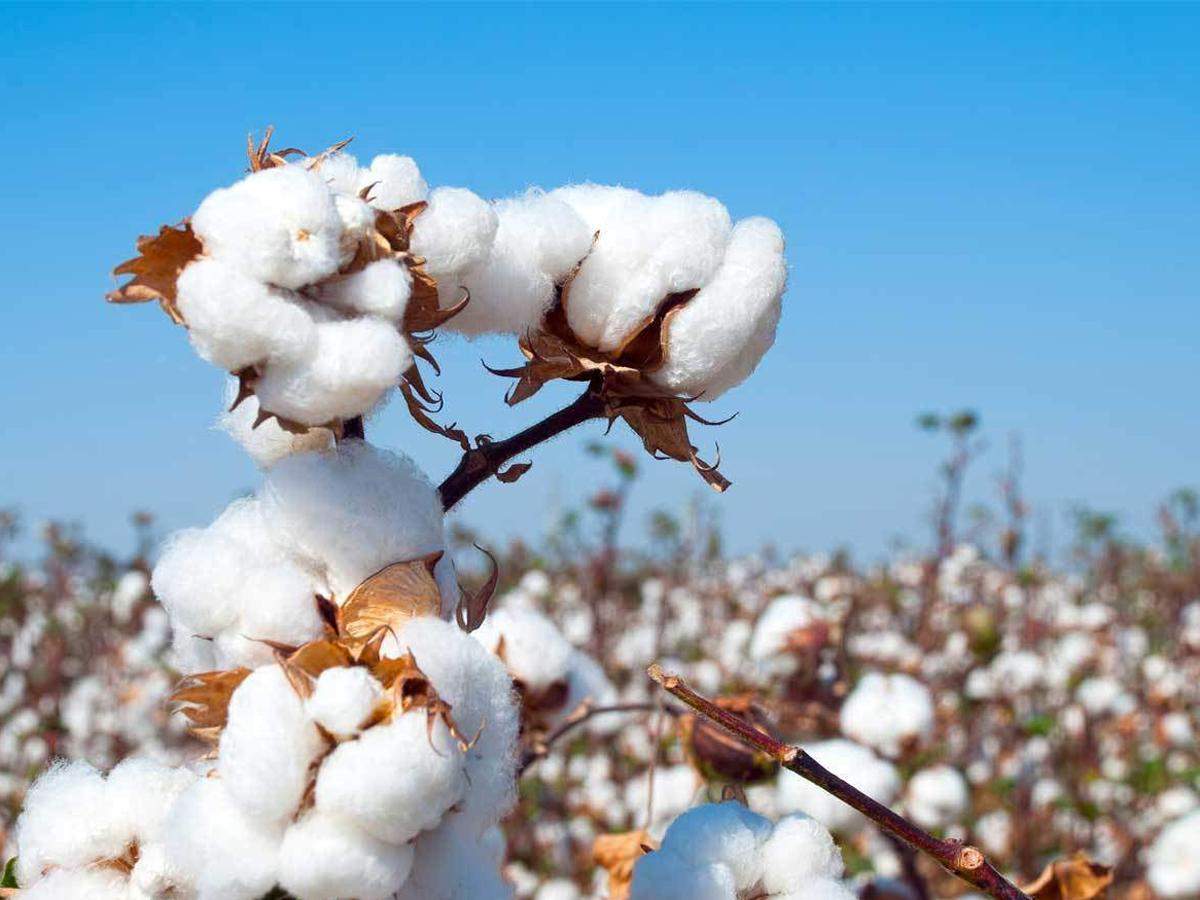Cotton in Crisis: MSP woes and seed price controls stifle industry growth

India's cotton sector, once a global leader, is entangled in a web of policies hindering its potential. This article dissects the problems plaguing the industry, focusing on the Minimum Support Price (MSP) for cotton and the controversial Cotton Seeds Price (Control) Order, 2015 (CSPCO). “The CSPCO has become a tool to manipulate the components of Bt cotton seed prices," says a agricultural scientist. “This stifles innovation and discourages development of new, high-yielding varieties.”
Double-edged sword of MSP
The government sets a Minimum Support Price (MSP) for raw cotton (kapas) to protect farmers from price volatility. However, it also fixes a Maximum Sale Price (MSP) for cotton seeds, squeezing profit margins for seed companies and discouraging investment in research and development (R&D).
India’s cotton production peaked at 390 lakh bales in 2013-14, but has since declined by nearly 100 lakh bales annually. Meanwhile cotton seed MSP has steadily increased to Rs 864 per packet (450g) in 2024, exceeding the 2016 MSP for Bt cotton seeds that included both seed value and trait fee. Meanwhile, subdued domestic production has forced textile mills to rely on imports, which reached a value of Rs 10,353.96 crore in 2021-22, eroding export potential.
Critics argue the CSPCO has backfired. As by controlling seed prices, the government disincentivizes companies from investing in new technologies. This stagnation in innovation leaves farmers with outdated Bt varieties vulnerable to pests. Also revocation of CSPCO could lead to state-level price control, creating a logistical nightmare for seed companies. The CSPCO's focus on price control stifles innovation in the bioscience and seed sectors.
Stakeholders are divided. Seed industry and some farmers advocate repealing the CSPCO to foster a free market and encourage R&D. While others fear complete deregulation could lead to exploitation by seed companies.
Successful cotton producing countries like China and the US have adopted different models in this regard. For example, China, has a market-driven approach with robust intellectual property (IP) protection fosters innovation in seed development. A combination of market forces and government support for R&D has yielded high-yielding, pest-resistant varieties.
Delisting cotton seeds?
Experts suggest a more nuanced approach. Delisting cotton seeds from the Essential Commodities Act (ECA) 1955 would remove the Centre's control over seed pricing, paving the way for a market-driven system. States could also enact regulations to ensure fair pricing for farmers. The government should incentivize research in new technologies and promote Integrated Resistance Management (IRM) practices.
The cotton sector's revival hinges on a balanced policy framework. By fostering innovation, ensuring fair prices for farmers, and promoting a globally competitive seed industry, India can reclaim its position as a cotton powerhouse.
